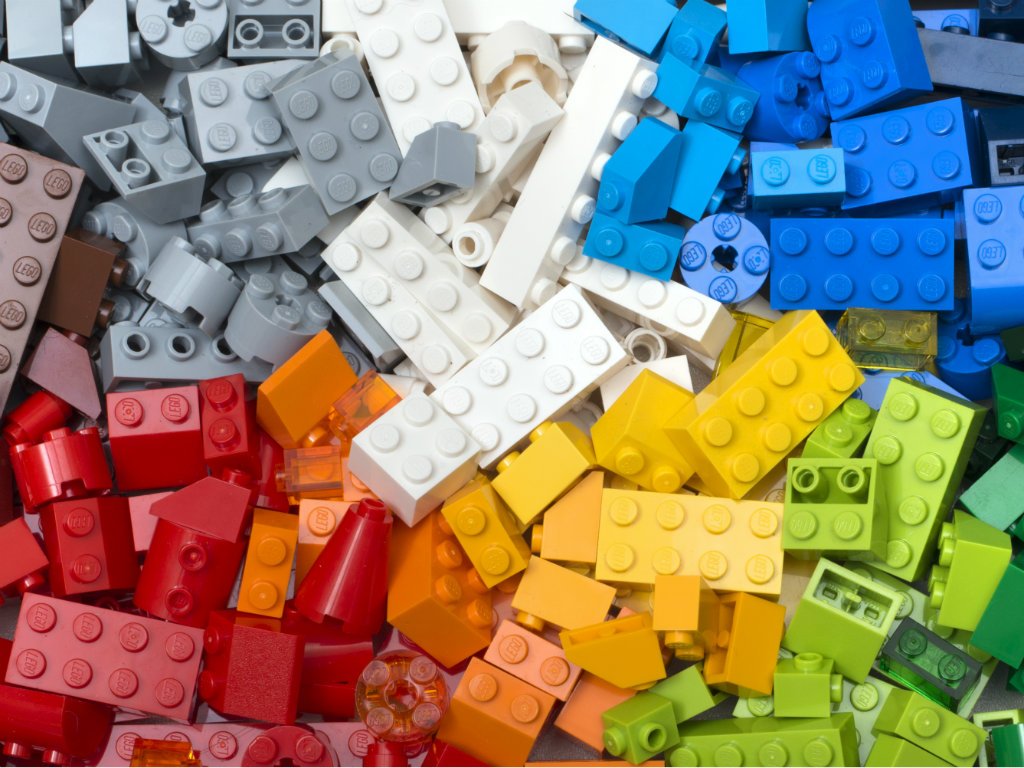Joy for Children, Trouble for the Planet – Toys Increasingly Dangerous to the Environment
 Thursday, 24.09.2020.
Thursday, 24.09.2020.
 15:03
15:03

The value of the toy market exceeded USD 90 billion last year, and the estimate is that 80% end at landfills and incinerator plants. More than 40 million toys in France end up at landfills each year, whereas in Great Britain nearly a third of the parents admit that they throw away usable toys because their children have lost interest.
Many toy manufacturers have announced a turnaround toward ecologically more circular business operations, entailing a redesign of the toys, but also the promotion of the model of sharing and re-use. For a huge amount of existing toys, it is these models that are the best way of keeping them from ending up in waste.
Famous toy manufacturer Lego has launched a pilot initiative in America which encourages owners to donate used bricks to institutions for children. According to the company's data, 97% of their bricks are already shared between users, and many are transferred from generation to generation of friends and families, but the company intends to increase the percentage.
– We want to help build a better planet for the future generations and we know that circular economy is part of that process. The goal of the Lego Replay initiative is to inspire owners to gift the bricks they don't use to someone – says Tim Brooks, Vice President of Environmental Responsibility at Lego.
Similar initiatives are already producing results. American Toy-Cycle enables users to sell the toys they no longer use. French association Rejoue collects, cleans, rebuilds and resells used toys since 2012, thereby saving 300 tons of toys from landfills.
In addition to the models which incite the reusing of toys, there are increasingly more subscription services which use a model similar to libraries and film and TV show streaming services. Among them are Happy Baton in Hong Kong and Whirli in Great Britain, which enable the renting of toys for a certain monthly fee. The toys are kept until the child loses interest and are then returned.
On the other hand, Dagoma, a 3D printing technology company, had in mind that broken toys were usually discarded without a second thought. That is why they designed a catalog of spare parts for the most frequently broken or lost toys. The catalog of the most popular toys in the past 40 years includes doll arms and dinosaur tails.
All these services help to keep existing toys in circulation as long as possible, but the long-term, solution is for the new toys to be designed and made in the spirit of circular economy. The design should stimulate as long a period of use as possible. For example, Lego bricks bought years ago fit perfectly with the ones bought today and can be used countless times to create new structures. In addition to that, the company has set the goal of having all parts be made from renewable or recycled materials by 2030.
Green Toys in California has gone even farther. They make all toys from recycled plastic or renewable sources such as organic cotton. In its 13 use of existence, the company has recycled nearly 100 million of milk balloons and showed that the market needs ecologically more responsible toys.
M. Dedic
Most Important News
06.04.2024. | Agriculture
Preconditions for Placement of Fresh Blueberries and Dried Plums in Chinese Market Secured

16.04.2024. | News
Jovan Ciric, Leasing Director Retail MPC Properties – MPC Echo symbolizes our desire for good ideas and innovative endeavors to spread freely and bring about positive changes

16.04.2024. | News
10.04.2024. | Finance, IT, Telecommunications, Tourism, Sports, Culture
Creative Industry – What This Serbian Economy Sector Worth EUR 2 Billion Encompasses

10.04.2024. | Finance, IT, Telecommunications, Tourism, Sports, Culture
25.04.2024. | Construction, Tourism, Sports, Culture
Zlatibor to get recreation lake in “Krst” location – Tender for preparation of documentation for construction of Miladin Pecinar dam opened

25.04.2024. | Construction, Tourism, Sports, Culture
16.04.2024. | News
Economy Fair in Mostar opens – 26 companies from Serbia exhibiting

16.04.2024. | News
24.04.2024. | Construction, Healthcare
Price of construction of Tirsova 2 increases to EUR 141.6 million – Contract awarded to consortium of 10 companies

24.04.2024. | Construction, Healthcare


 Izdanje Srbija
Izdanje Srbija Serbische Ausgabe
Serbische Ausgabe Izdanje BiH
Izdanje BiH Izdanje Crna Gora
Izdanje Crna Gora


 News
News






